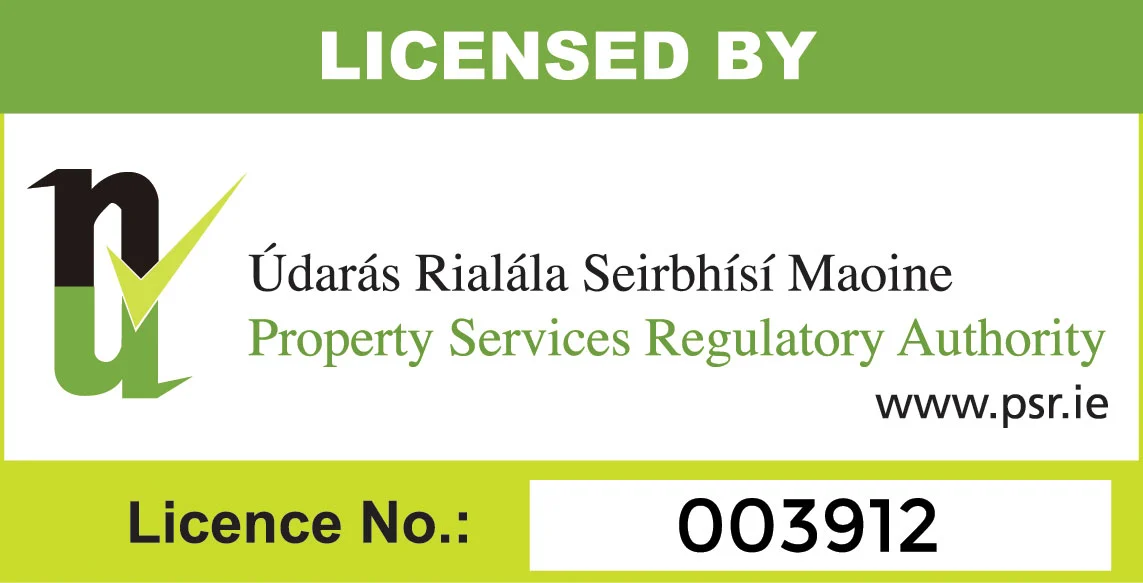What’s My House/Apartment Worth?
As you can imagine, “what’s my house worth?” is the question we get asked the most here at Auctioneera. The simple answer is that your house or apartment is worth what the highest bidder is willing to pay. So while we can offer an informed opinion, it is ultimately the market that truly values your property.
However, you probably want to get an indication as to your property’s likely sales value before taking the plunge and putting it on the market. In order to establish this, we look at two data sets:
1. Recent Sales Prices in Your Area
Firstly, we look at the most recent sales of comparable properties in your area. In urban areas, there is a steady stream of similar properties transacting so this is pretty quick and straight forward. If you live in a rural location and there aren’t many similar properties or there aren’t any recent transactions, we will look at recent sales of similar properties in similar locations. This analysis is facilitated by the fact that the actual sales price of every property in Ireland since 2010 is recorded on the property price register. To view recent sales in your area, check out our simple video on how to use the property price register.
2. Current Guide Prices in Your Area
Once you have spent a little time on the Property Price Register, you will get a good feel for your property’s likely value. However, it is worth pointing out that these are sales that have taken place and the market may have gone up or down since they were transacted. As a result, it is worth supplementing your research on the property price register with an analysis of guide prices in your area on Daft.ie or MyHome.ie. To do this, simply log onto Daft.ie or MyHome.ie and search for properties in your area and see what the current vendors are asking for their properties. Remember that guide prices are just that and just because somebody asks for a given price, doesn’t mean that they will get it. The actual sales price could end up above or below the guide price but having said that, they are certainly of interest all the same.

How Do I Find the Value of a House?
At this stage you should have a good feel for your property’s approximate value. So the next question we get asked is how do we set a guide price. In fact, another question we get asked is “what does guide price actually mean!” When putting a property on the market, it is advisable to give purchasers an indication as to what you, the vendor, expect to receive for the property. This figure is technically known as AMV (Advised Market Value or Advised Minimum Value). This is commonly referred to as the “guide price”. All too often, we see property sellers simply choosing the auctioneer that gives the highest AMV – this really is a big mistake, as discussed further below. The AMV (guide price) is simply a “get the ball rolling” price. Interested buyers can attend a viewing at your property and make an offer of your guide price, or if they want, they could offer you less than your guide price. You are under absolutely no legal obligation whatsoever to sell your property regardless of the offer amount that you receive. If more than two buyers are interested in your property, they then commence to bid against each-other with the highest bidder securing the property.
Don’t Just Pick The Highest AMV!
As mentioned, above what we find here at Auctioneera is that many property vendors will choose the estate agent that advises the highest guide price or AMV. This really is the worst thing a vendor can do. Remember, an estate agent doesn’t ultimately value your property for you – the highest bidder does! So just because an estate agent has told you that (s)he thinks that a property will ultimately sell for €500,000, that is simply an opinion. Some unscrupulous estate agents may even advise an AMV higher than what they think is realistically achievable just to win the business, only to blame “deteriorating market conditions” a few months later before recommending a price drop.
In fact, the most savvy estate agents will advise clients to list their properties with a guide price at the lower end of their expectations to generate as much interest and buzz as possible. A potential purchaser may be attracted by a low guide price, attend a viewing and then end up bidding more than (s)he had originally intended if they really want the property. A low price will entice many interested buyers and hopefully ensure that interest at viewings is brisk. We like to say that AMV should stand for ATTRACT MANY VIEWERS!
The contrast of this situation is when an auctioneer advises a property vendor to list at too high a guide price. This can kill off interest from potential buyers before it even starts. Open viewings can be sparsely populated, if anyone shows up at all. The property can languish on the market for months with no offers. The estate agent then has to drop the price to try to stoke some interest. This isn’t the end of the world but can be seen by some buyers as a sign of weakness and will use it as an opportunity to submit a lowball bid. So it is far better to start low, get plenty interest and buzz, get the bidding going quickly than to go in too high, only to have to drop the price a few months later.
IMPORTANT POINTS WHEN DECIDING YOUR PROPERTY’S VALUE:
At this stage you should have a good feel for your property’s approximate value. So the next question we get asked is how do we set a guide price. In fact, another question we get asked is “what does guide price actually mean!” When putting a property on the market, it is advisable to give purchasers an indication as to what you, the vendor, expect to receive for the property. This figure is technically known as AMV (Advised Market Value or Advised Minimum Value). This is commonly referred to as the “guide price”. All too often, we see property sellers simply choosing the auctioneer that gives the highest AMV – this really is a big mistake, as discussed further below. The AMV (guide price) is simply a “get the ball rolling” price. Interested buyers can attend a viewing at your property and make an offer of your guide price, or if they want, they could offer you less than your guide price. You are under absolutely no legal obligation whatsoever to sell your property regardless of the offer amount that you receive. If more than two buyers are interested in your property, they then commence to bid against each-other with the highest bidder securing the property.


